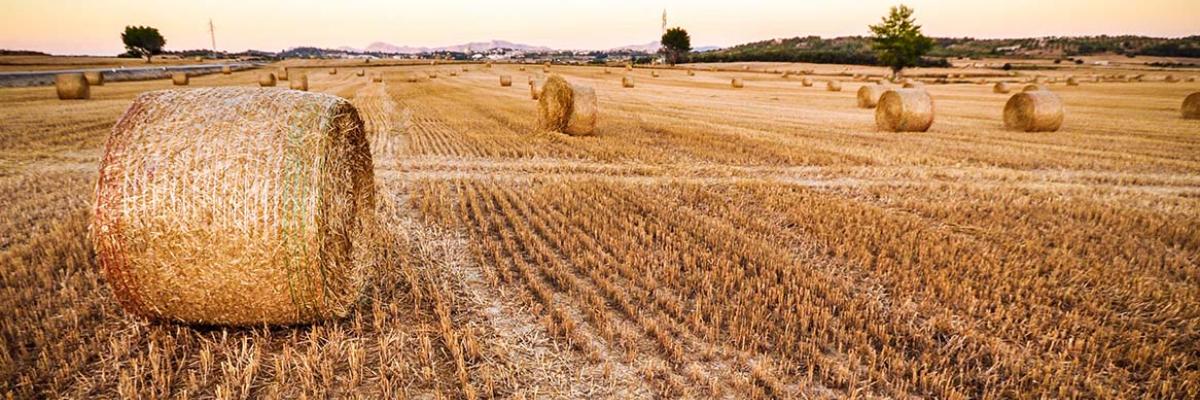Desktop analysis of agricultural subsidies and environmental impacts

Based on the available literature, this report explores the impacts of production and trade-distorting domestic support in agriculture on climate (i.e., greenhouse gas emissions) and the environment (i.e., water, biodiversity, and land degradation).
The World Trade Organization (WTO) and the Organisation for Economic Cooperation and Development (OECD) already provide a great deal of valuable information on domestic support in agriculture, though for different purposes and using different methodologies. Yet the essential story that emerges is the same. In nominal terms, domestic support for agriculture is high, is increasing, is highly concentrated in just a handful of countries, and is further concentrated on relatively few commodities. Moreover, much of this support relies on policy instruments that distort production and trade and are environmentally harmful. Today, there is little constraint on governments providing trade-distorting and environmentally harmful support to agriculture. Without changes to multilateral rules, there will be even less constraint in the future.
This report argues that an innovative approach to addressing the domestic support pillar at the WTO is within reach and would encompass two elements: (1) improving awareness and understanding of available information and analysis while filling strategically important knowledge gaps; and (2) building a coalition of stakeholders in support of an evidence-based discourse and a modern package of agriculture policies that would work better for people and the planet. There is arguably more information already available on agricultural support and its production, trade, climate, and other environmental impacts than for any other sector. Successful policy reform in a sector as sensitive as agriculture requires more than just good data; it requires coalition building. A sustained evidence-based networking initiative that incorporates active public engagement and global coalition building should be developed on a priority basis.
*please contact iit@adelaide.edu.au if you experience any issues downloading this paper
Authors
Ken Ash is a Visiting Fellow at the Institute for International Trade, University of Adelaide, the Director of Ash Global Insights, and the former Director of Trade and Agriculture at the OECD.
Anthony Cox is a Senior Policy Advisor at Ecologic Institute, Berlin, and the former Deputy Environment Director at the OECD.
This work is licensed under Commons Attribution-NonCommercial-NoDerivatives 4.0 International License.
IIT is a global leader in researching, analysing and commenting on International Trade.
Stay informed about our up-and-coming seminars, events, publications, awards, new projects and collaborations, and other exciting news.
